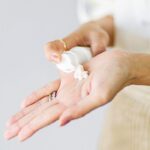1. Apply sunscreen daily, regardless of indoor or outdoor activities
Dermatologist Dr. Ava Shamban from Los Angeles advises that even if you spend most of your time indoors, exposure to ultraviolet rays (UVA) can occur as they penetrate through glass.
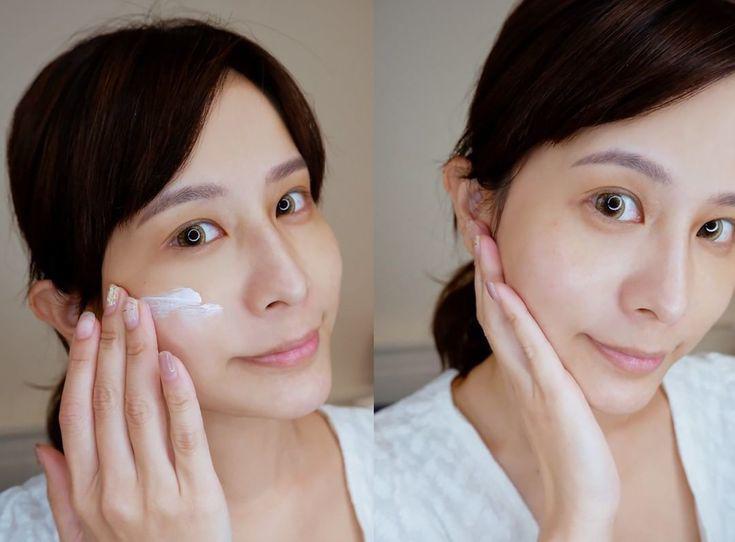
Apply sunscreen both outdoors and indoors to protect your skin from UV rays.
2. Apply sunscreen to your face and other areas of concern
Dermatologist Dr. Debra Jaliman recommends, “Cover your entire face with sunscreen, as well as your neck and hands.” The best time to apply sunscreen is in the morning. Applying sunscreen to your neck and hands is just as important as your face because these areas are also exposed to the sun and will be among the first to show signs of aging. So, protecting your neck and hands means preserving your youthful appearance.
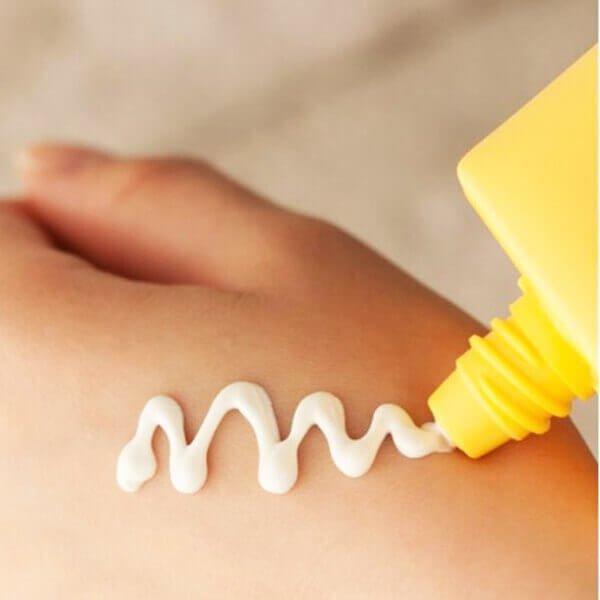
Other areas of the body also need protection from the sun.
3. Follow the “two-finger” rule for your face and neck
The “two-finger” rule refers to dispensing a sufficient amount of sunscreen along the length of your index and middle fingers and then applying it evenly to your face and neck. Dermatologist Dr. Carmen Castilla says, “There’s really no harm in applying more sunscreen, so if you’re unsure if you’ve applied enough, just add a little extra.”
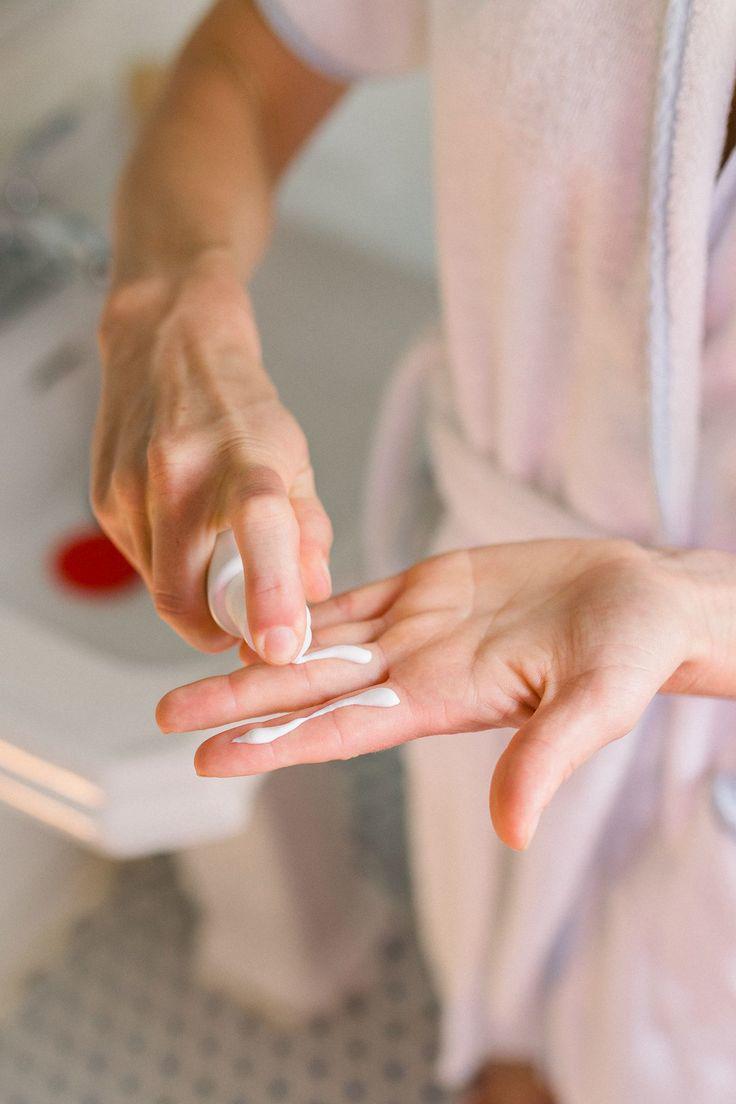
Applying the right amount of sunscreen creates a stronger protective barrier.
4. The recommended SPF for sunscreen is 30
New York dermatologist David Colbert says, “The American Academy of Dermatology always recommends using SPF 30 as it has been clinically proven to provide sufficient protection against the adverse effects of sunlight.”
Dr. Zeichner, Director of Cosmetic and Clinical Research in Dermatology at Mount Sinai Hospital in New York City, says, “SPF 30 serves as a safety net to ensure the quality of sun protection over extended periods. However, in reality, we don’t apply as much sunscreen as we should, and we don’t reapply it often enough.”

Sunscreens with an SPF of 30 have been clinically proven to be effective.
5. Apply at least a shot glass worth of sunscreen to your body
During hot days, we often seek relief in swimming pools or stroll along sunny beaches. It’s crucial to apply sunscreen when participating in water activities. To prevent the sunscreen from washing off too quickly, dermatologists recommend that swimmers apply about a shot glass worth of sunscreen to their bodies. This ensures comprehensive sun protection for all exposed areas.
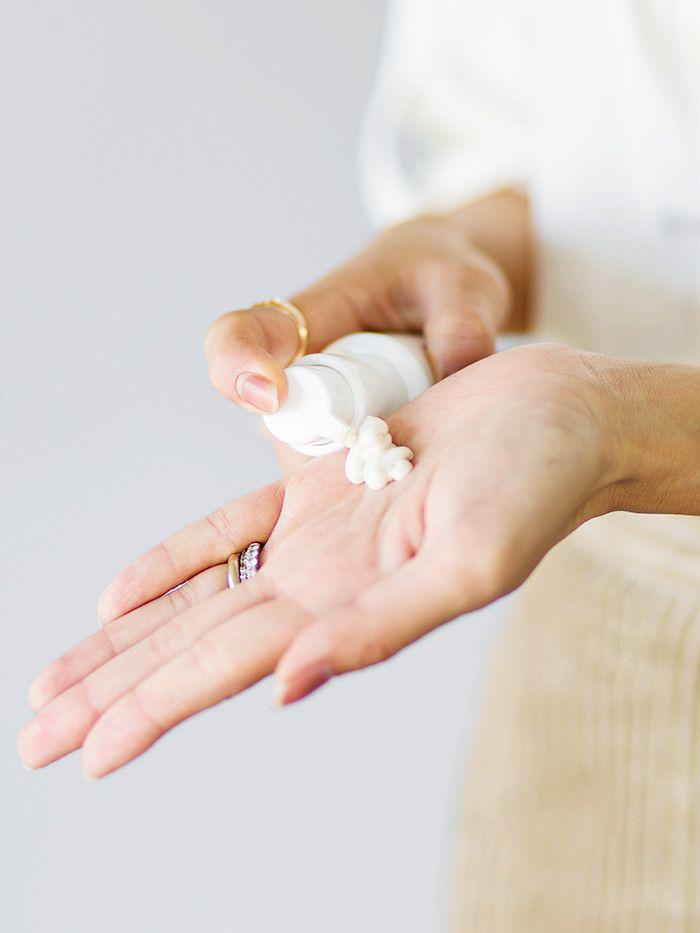
Applying enough sunscreen to your body provides comprehensive protection.
6. Reapply sunscreen every few hours
Dr. Zeichner says, “Ideally, you should reapply sunscreen every two hours or more frequently if you’re swimming or sweating profusely.” The best time to apply sunscreen is 20-30 minutes before going outdoors to ensure that you’ve adequately covered all sun-exposed areas.
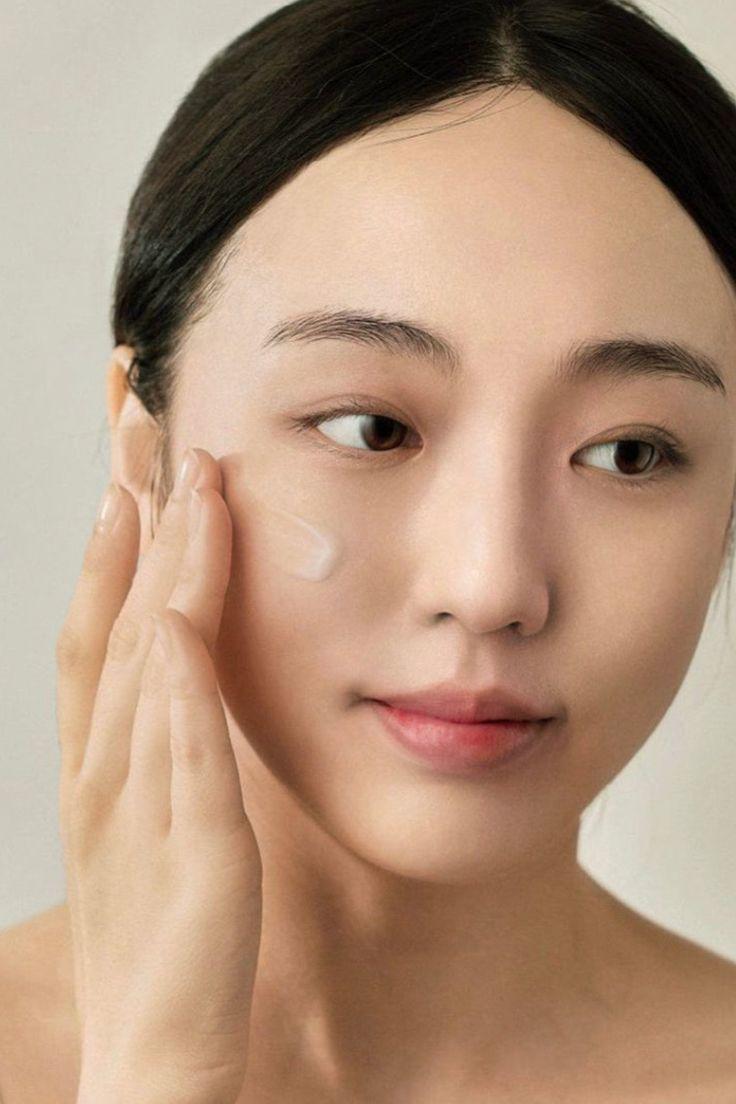
The morning application of sunscreen fades by lunchtime and the afternoon, so reapplication is necessary.
7. Dermatologists recommend mineral-based sunscreens
Dermatologists seem to agree that mineral-based sunscreens are the best choice for protecting your skin. These physical sunscreens sit on the surface of the skin to deflect rays. Even better, mineral formulas are gentler on sensitive skin as they are less likely to cause irritation.
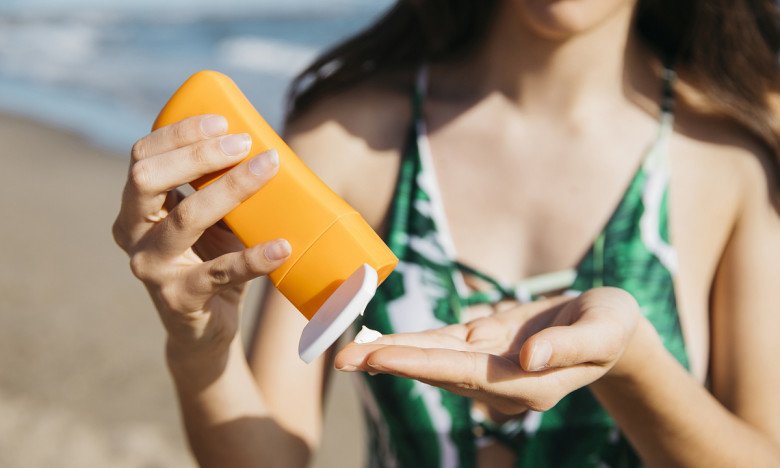
Mineral-based sunscreens are less likely to irritate the skin.
8. Your clothing can also provide SPF protection
Sun protection isn’t just about applying sunscreen. Dr. Amy B. Wechsler, a New York dermatologist, says, “Remember to wear sun-protective clothing, a hat, and sunglasses. Exposure to UV rays is the number one cause of premature aging and skin cancer.”

Clothing can serve as an effective barrier against UV rays.
9. Your lips need protection, too
Dr. Tanzi says, “People often forget to protect their lips, and skin cancer in this area can be particularly dangerous. Everyone needs a lip balm with SPF.”
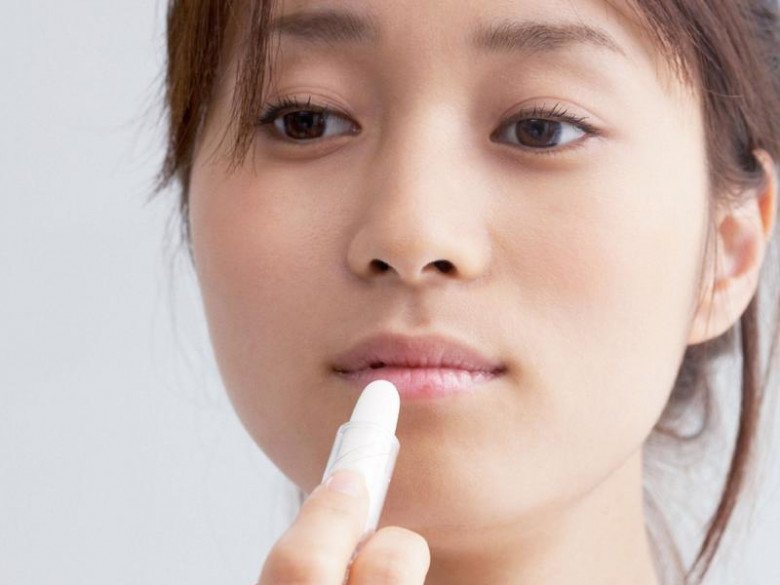
Applying lip balm daily helps protect your lips from harm.
These secrets about sunscreen and sun protection tips from dermatologists are invaluable. Many people still have misconceptions about sun protection and tend to skimp on sunscreen use. Remembering these nine secrets will help you protect your skin from the sun’s rays and potential harm.
“Should You Apply Sunscreen on Acne-Prone Skin? Expert-Backed Secrets Revealed”
Acne-prone skin is a common concern for many women, and misusing skincare products can aggravate the issue. The sun’s rays can be particularly damaging, triggering more breakouts and irritating the skin. Sun exposure can also lead to increased melanin production, which further darkens acne scars. Hence, it is crucial for those with acne-prone skin to incorporate sunscreen into their daily skincare routine.
Is Slathering on Sunscreen Really as Good as We Think?
The sun’s rays can be harsh on our skin, and while we diligently apply sunscreen daily, many of us still experience skin concerns such as dark spots, freckles, and uneven skin tone. This has led to a common misconception that a thicker layer of sunscreen will provide better protection. However, this is not the case, and understanding the appropriate amount of sunscreen to apply remains a challenge for many.

























